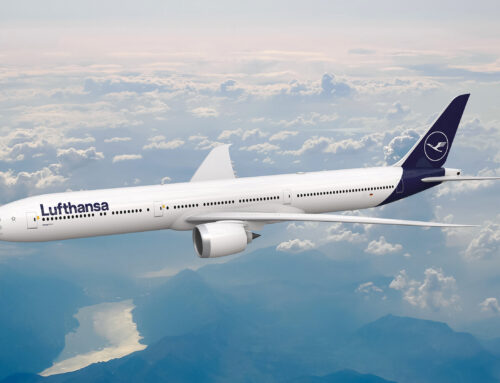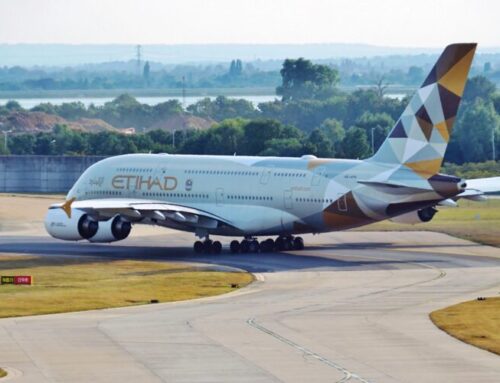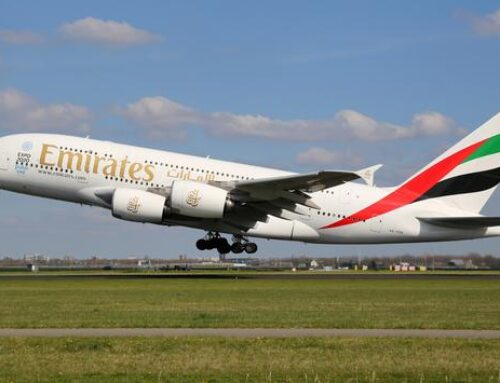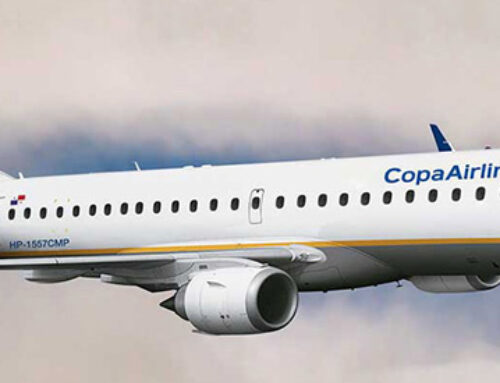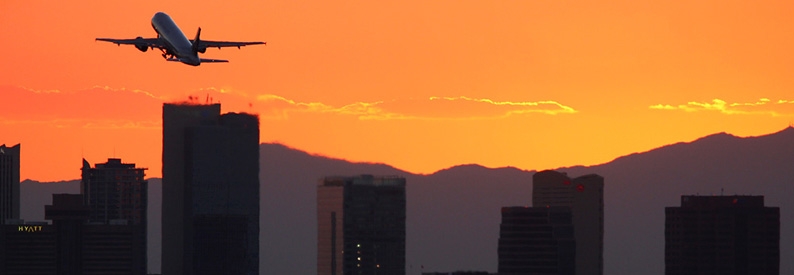
As summer approaches, the airline industry is bracing for a record-breaking travel season, with projections indicating that global travel demand will exceed pre-pandemic levels. However, airlines are struggling with a significant shortage of aircraft due to ongoing production issues at leading manufacturers Boeing and Airbus.
Travel analysts expect 4.7 billion passengers to take to the skies in 2024, surpassing the 4.5 billion recorded in 2019. This surge in travel comes as airlines face a 19% shortfall in expected aircraft deliveries this year, complicating their ability to meet the growing demand.
Production setbacks have hit particularly hard. Boeing, still reeling from a safety crisis initiated by a mid-air incident in January, has seen a reduction in its output capacity, particularly for its 737 MAX planes. Similarly, Airbus is grappling with inspections required for 650 of its A320neo jets, due to issues with Pratt & Whitney engines provided by RTX Corp.
The scarcity of new aircraft has led airlines to rely heavily on leasing, with rates for some models reaching their highest since mid-2008. It has also forced them to continue operating older, less efficient jets, resulting in increased maintenance and repair costs. For instance, major U.S. carriers such as United, Delta, and American have reported a 40% increase in repair expenses compared to 2019.
The leasing market is booming as a result, with airlines paying premiums to secure necessary aircraft. John Heimlich, chief economist at Airlines for America, noted that airlines are currently spending 30% more on leases than pre-pandemic levels. Furthermore, the necessary maintenance for older jets has become a costly and time-consuming endeavor.
Despite the anticipation of strong travel activity, some airlines have had to reduce their flight schedules and revise growth plans. For instance, Ryanair in Europe and United and Southwest in the United States have all announced cutbacks in routes and adjustments to their operational strategies.
As airlines prepare to announce their quarterly results, beginning with Delta Air Lines, they will likely address these capacity challenges and outline their strategies for managing the limited availability of aircraft. This situation is also impacting airfare; while prices have decreased year-over-year, they have started to rise month-over-month as summer approaches.
The combination of high demand, increased operating costs, and aircraft shortages presents a complex scenario for the airline industry as it navigates what is expected to be an exceptionally busy summer travel season.
Sources: AirGuide Business airguide.info, bing.com, reuters.com

